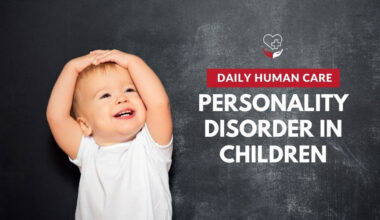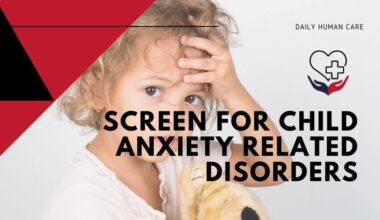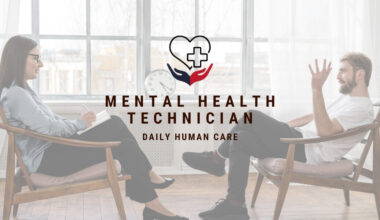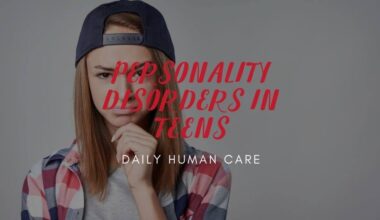Table of Contents
Understanding PTSD:
According to the National Council for Behavioral Health, 70% of U.S. adults have experienced a traumatic life event. Reactions to the event may happen immediately or over time. One possible reaction is the development of post-traumatic stress disorder (PTSD).
Post-traumatic stress disorder is a mental health condition that can develop after a person experiences a traumatic event. Roughly 6% of the U.S. population will have post-traumatic stress disorder (PTSD) in their lifetime. Understanding more about PTSD, including possible causes, common symptoms and treatment options can help you or a loved one cope with or recover from this challenging disorder.

Causes of Post-Traumatic Stress Disorder
A person may develop post-traumatic stress disorder after a traumatic event. The term “trauma” describes a variety of stressful events; however, not all stressful events put a person at risk of developing PTSD.
Post-traumatic stress disorder develops after a person sees or is involved in a seriously dangerous or shocking situation. The following are a few common causes of PTSD:
- Physical assault
- Sexual assault
- War/conflict
- Serious health issues
- Serious injuries
- Childhood or domestic abuse
- Death of a loved one
Many people experience fear, guilt, shock and other emotions after a traumatic event. These reactions typically fade over time. Post-traumatic stress disorder occurs when those reactions remain the same or grow more intense over time. An individual with PTSD does not function the same as before the traumatic event occurred.
Symptoms of PTSD
A person generally experiences symptoms of PTSD within three months of the traumatic event. However, there are no strict guidelines as to when the symptoms occur. Some symptoms will arise or change later in life, and some will come and go.
Symptoms of PTSD generally fit into the categories of intrusive thoughts/memories, avoidance, negative thinking, and changes in emotional and physical reactions.
Intrusive Memories/Thoughts
Post-traumatic stress disorder may cause the individual to continuously relive the traumatic event. He or she may have flashbacks, nightmares and unwanted, recurring memories of the event.
Avoidance
Avoidance is another common symptom of PTSD in which the person avoids talking about, thinking about and experiencing anything related to the event. This involves avoiding activities, people or locations that are reminders of the event. Avoidance can also result in detaching from loved ones or losing interest in once-beloved activities.
Negative Thinking and Mood
Post-traumatic stress disorder can change how a person views themselves and the world. They may have negative thoughts about themselves and others or feel hopeless about the state of the world and the future. A person with PTSD may have difficulty finding interest in activities or expressing positive emotions.
Changes in Emotional/Physical Reactions
Post-traumatic stress disorder can cause a person to be on edge at all times. They may be easily frightened, have trouble sleeping and struggle to concentrate. Someone with PTSD may exhibit aggressive behavior or a short temper. He or she may also engage in self-destructive behavior, such as excessive drinking or drug abuse.
The variation and intensity of PTSD symptoms are different for every individual. Some may experience more severe symptoms when stressed or triggered by a reminder of the traumatic event.
Suicidal thoughts are another symptom of PTSD that should never be overlooked. Seek immediate professional help for anyone having suicidal thoughts. Suicide hotlines are open 24 hours a day, seven days a week. Simply call or text 988.
Treatment Options for PTSD
The variety of treatment options for PTSD grows as researchers learn more about its risk factors, causes and symptoms. Individuals can seek medication treatment, psychotherapy or a combination of both to reduce symptoms and help manage their physical and emotional reactions.
Treatment With Medication
Doctors may use several types of medication treatment to aid individuals with PTSD. They may prescribe antidepressants to help manage anxiety and depression, and/or blood pressure medications to reduce traumatic memories, promote superior sleep and minimize nightmares. Doctors avoid prescribing medications that may lead to substance abuse or addiction.
Treatment via Psychotherapy
Psychotherapy is a common treatment method for individuals with PTSD. Therapists provide patients with the skills they need to recognize their symptoms, manage them and control their reactions.
The following are a few effective psychotherapy treatment methods for PTSD.
- Prolonged exposure therapy: An intense style of behavioral therapy that involves exposing the patient to situations that trigger his or her anxiety or trauma responses. It is a form of fear confrontation that makes the individual more comfortable with anxiety-inducing or frightful situations. It is one of the most successful treatment methods for PTSD.
- Cognitive behavioral therapy: A common form of therapy to help the individual recognize and alter the thought patterns that lead to undesirable actions, emotions and thoughts.
- Group therapy: A form of therapy in which the individual can share his or her fears, thoughts and experiences with others with PTSD.
Other effective methods of psychotherapy treatment include family therapy, psychodynamic therapy, and eye desensitization and reprocessing (EMDR). All methods attempt to help the individual cope with or overcome their symptoms to enjoy a healthier and more fulfilling life.
The Bottom Line
Post-traumatic stress disorder is a serious mental health condition that can have strong negative effects on an individual’s life and those surrounding him or her.
Contact your immediate support network or a mental health professional if you or a loved one is experiencing symptoms of post-traumatic stress disorder. Receiving immediate support and help following a traumatic event may prevent stress reactions from developing into PTSD.
Author bio: Veteran Car Donations is a national organization that accepts vehicle donations to better the lives of veterans. The organization partners with a number of well-known veteran charities to help provide essential medical care, mental health services and more.





